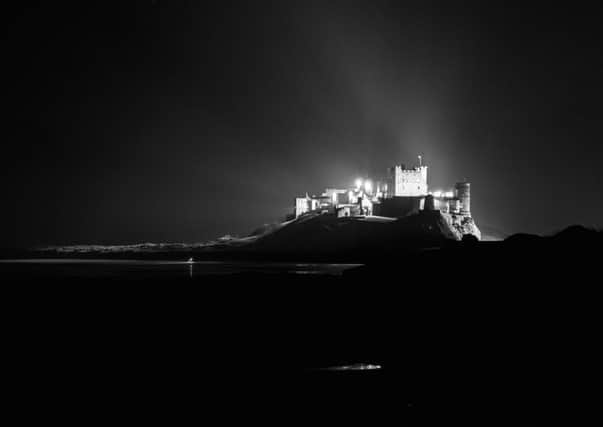Be alert to night time risks


Later, I worked in the outdoor education industry in Scotland and would think nothing of wandering up a hillside alone in the dark. Later still, my work involved an element of security and I would attend alarms in the middle of the night. Although usually caused by spiders or bats, occasionally drunks had smashed windows and broken into buildings.
Despite living in the country, the sky was always partially obscured by light pollution from the far away towns. Now, more than half the people in the UK cannot see the Milky Way, with well over 80 per cent of our night sky affected by light pollution. Outside lighting is growing by about two per cent a year and the intensity of light in already lit areas is also growing by two per cent.
Advertisement
Hide AdAdvertisement
Hide AdLighting our towns at night brings benefits in safety and economics. But there are costs that go beyond us not being able to photograph the stars. Night time is an important environmental dimension that is under attack from electric light. Ecological light pollution is becoming a major issue.
The nature of artificial light is changing. LED lighting seems great because of its relatively low energy usage, producing fewer carbon emissions. LEDs can emit almost any frequency, but are often manufactured to produce a blue/white light for external lighting and this is upsetting the life cycles of flora and fauna, as well as damaging human circadian rhythms. That has health detriments, including depression, heart attacks and cancer.
We are so lucky in Northumberland. We can escape this, heading into the Cheviots, along beaches or into other secluded areas to photograph the beautiful night sky.
But trying to get away from the light brings its own risks. Tripping or falling become far more likely and on a secluded beach, much of our coastline is devoid of phone signals.
Advertisement
Hide AdAdvertisement
Hide AdPhotographing in well-lit towns brings different hazards. Unlike the movies, those determined to do harm are not loitering deep in secluded woodland. Photographers on their own are an easy target. Saying that, I have never had an issue out at night with my camera. A friendly greeting and chat are usually all that is required.
But photographers have become targets for theft. Cameras are expensive. Photographers seem an easy target for muggers, especially if they are concentrating on their photography, not on potential threats. Street photographers do get robbed, both in the UK and overseas.
Living in Africa, I didn’t flaunt expensive camera equipment. A camera there may be worth more than many earn in a year; an attractive target for robberies.
A message for thieves: stolen cameras are often recovered because the metadata contains the serial numbers of bodies and lenses. When an image is uploaded the camera and photographer can be identified. You will get caught.
Advertisement
Hide AdAdvertisement
Hide AdWhether shooting on a dark beach or in a town, the biggest thing you can do to keep safe is to shoot with others. Phone a friend and head out to photograph safely.
Finally, if you’re responsible for outdoor lighting, please consider turning it off.